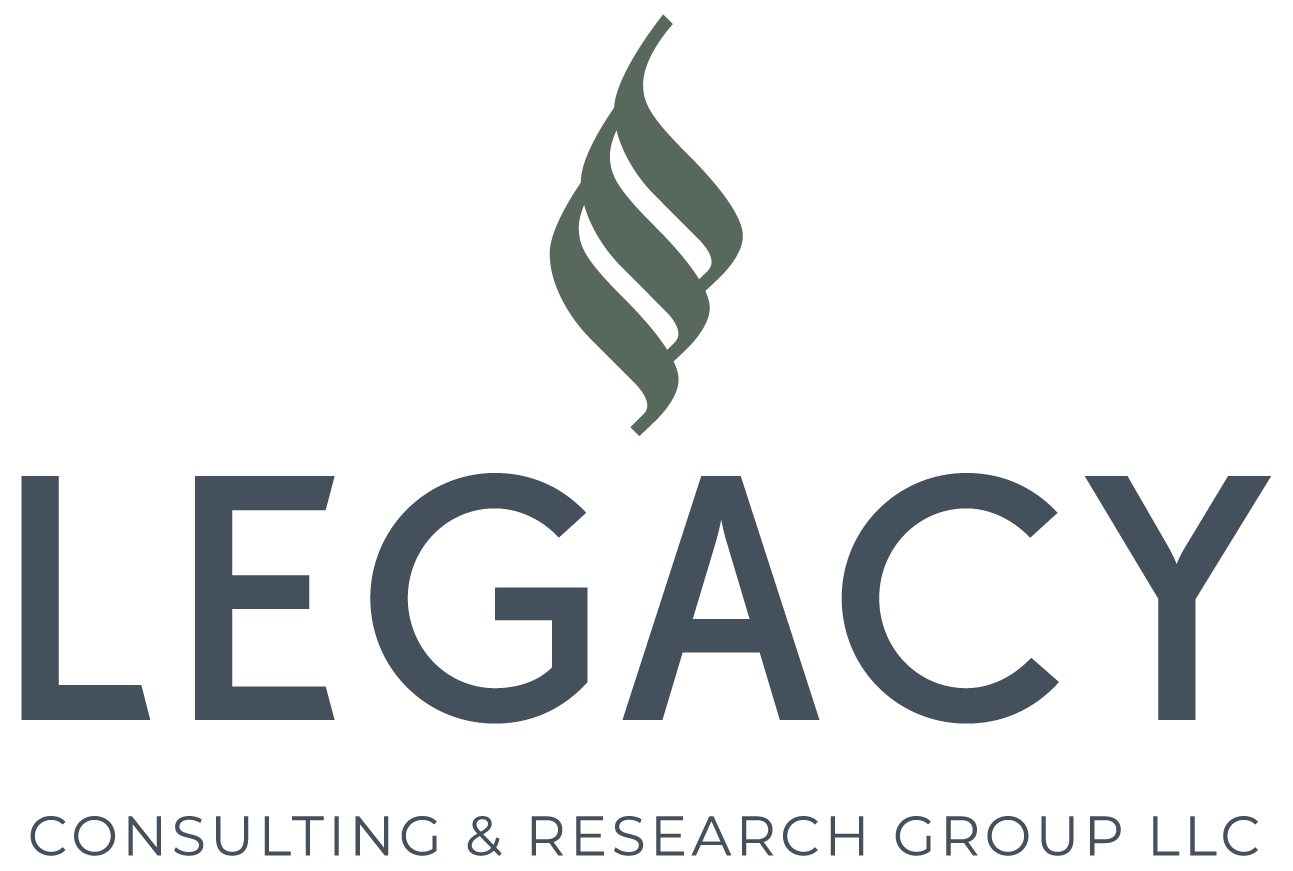Creating Psychological Safety for Working Moms
At the end of 2019, working mothers accounted for one-third of all working women in the United States, totaling about thirty-five million women. Working mothers have been known to deal with the added stress of maintaining a career while managing a household, and often times they must figure out this balancing act during their maternity leave. Because of this, it has been reported that as many as 43% of mothers do not return to work full-time after their maternity leave due to fear of not being able to balance work and motherhood, having to decide which area of their life will receive less attention, and/or how to compartmentalize their life so one area doesn’t spill into the other.
For these reasons, having a psychologically safe workplace is important because it can reduce these anxieties and allow for better maternal workforce retention. Psychological safety is the theory that employees can be their whole, authentic selves without fear of being judged or punished for speaking up with ideas, questions, concerns, or mistakes. This phenomenon has been linked to better performance, creativity, and organizational commitment.
How to Create Psychological Safety for Working Moms
1. Senior Leader Engagement and Support
With every initiative within an organization, it is critical to receive senior leader engagement and support. Employees are looking to those who lead -- it is imperative that those leaders are demonstrating behavior that they would want their employees to follow. If leadership seems standoffish about initiatives to aid working mothers, other employees will also be hesitant to embrace them.
2. Actively Listen to Their Concerns Before and After Maternity Leave
Motherhood is one of the phases in life that no one can ever be one hundred percent prepared for, so it is important to address employee concerns before and after maternity leave because things may change. In the days leading up to maternity leave, employees may come forward with accommodations they will need once they return to work. Take note of these accommodations and explain whether or not these will be taken care of prior to their return. Once the employee comes back from leave, it is essential to explain what actions have been taken and ask them if there are any further accommodations that need to be discussed. For example, suppose a new mother had never thought about breastfeeding but has now decided that would work best for her. The company would then need to make sure she has a room to pump and can take adequate breaks throughout the day. Giving these employees a safe space to express themselves will allow them to feel more comfortable and ease back into the working world.
3. Be Open to Feedback
With any change, there can be missteps. When these missteps occur, companies can create an open dialogue that will allow solutions to be brought to the table. Though receiving criticism may seem like a personal attack, it is important to take a step back and focus on the policy and the proposed solution. If there is a solution that can be created, it can ease the transition for future working mothers coming back from maternity leave, and that is beneficial for the organization as a whole.
4. Check in with Them
Some employees may be reluctant to come forward with their concerns as to not seem “difficult,” so managers should check in with their employees periodically to gauge that they are comfortable with the transition of returning to work. In addition to checking in with them, it is important to act promptly with concerns. This is not to say that every concern can be addressed immediately, but letting employees know of the strides taken and explaining what the final resolution will be can make them feel seen and heard.
The transition from working person to working mother is a tough one; employees leave one way and return as completely different people with new challenges. This is why being an organization that is psychologically safe, understanding, and develops ways to make this transition easier will continue to retain top talent and create a more collaborative and positive working environment.
References
Chandrasekaran, A. & Mishra, A. (2012). Task design, team context, and psychological safety: An empirical analysis of R&D projects in high technology organizations. Production and Operations Management, 21, pp. 977-996
Chen, C., Liao, J, & Wen, P. (2014). Why does formal mentoring matter? The mediating role of psychological safety and the moderating role of power distance orientation in the Chinese context. International Journal of Human Resource Management, 25, pp. 1112-1130
Christnacht, C. & Sullivan, B. (2020). About two-thirds of the 23.5 million working women with children under 18 worked full-time in 2018. Retrieved from: https://www.census.gov/library/stories/2020/05/the-choices-working-mothers-make.html
Colosi, R. (2019). The rise of the stay-at-home working mom. Retrieved from: https://www.nbcnews.com/know-your-value/feature/rise-stay-home-working-mom-ncna987371\
Kark, R. & Carmeli, A. (2009). Alive and creating: The mediating role of vitality and aliveness in the relationship between psychological safety and creative work involvement. Journal of Organizational Behavior, 30, pp. 785-804
Maurer, R. (2019). What companies need to know to retain new moms. Retrieved from: https://www.shrm.org/resourcesandtools/hr-topics/talent-acquisition/pages/what-companies-need-to-know-to-retain-new-moms.aspx
Ahry Beach, MS, MBA, is a consultant and coach at Legacy Consulting & Research Group. Her research interests include diversity and inclusion, group dynamics, and leadership development. Ahry is passionate about working mothers' contribution in the work environment. She specifically consults with teams and organizations on how they can better retain their maternal workforce. She is currently accepting new coaching and consulting clients.
Ahry Beach


